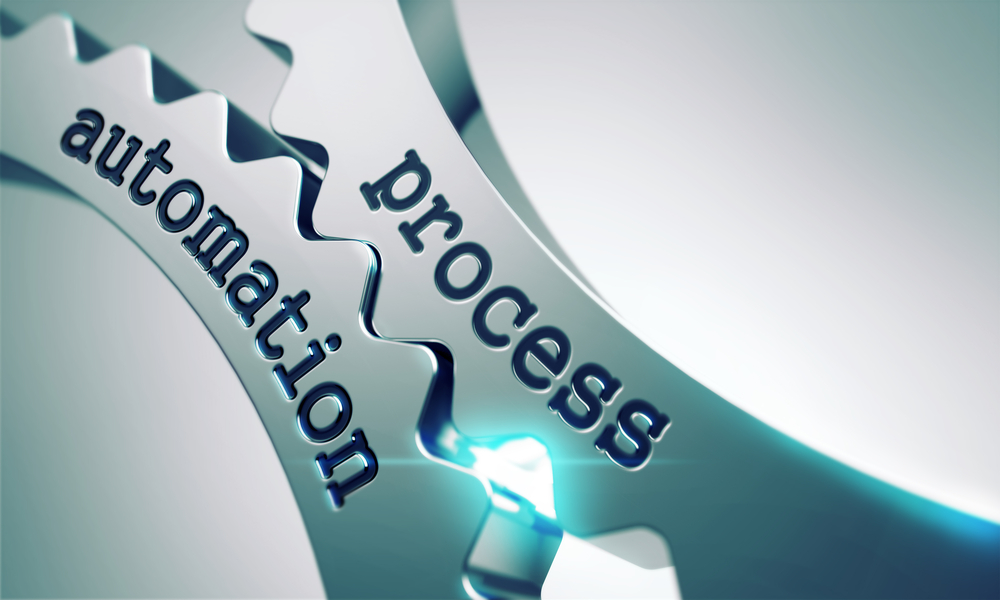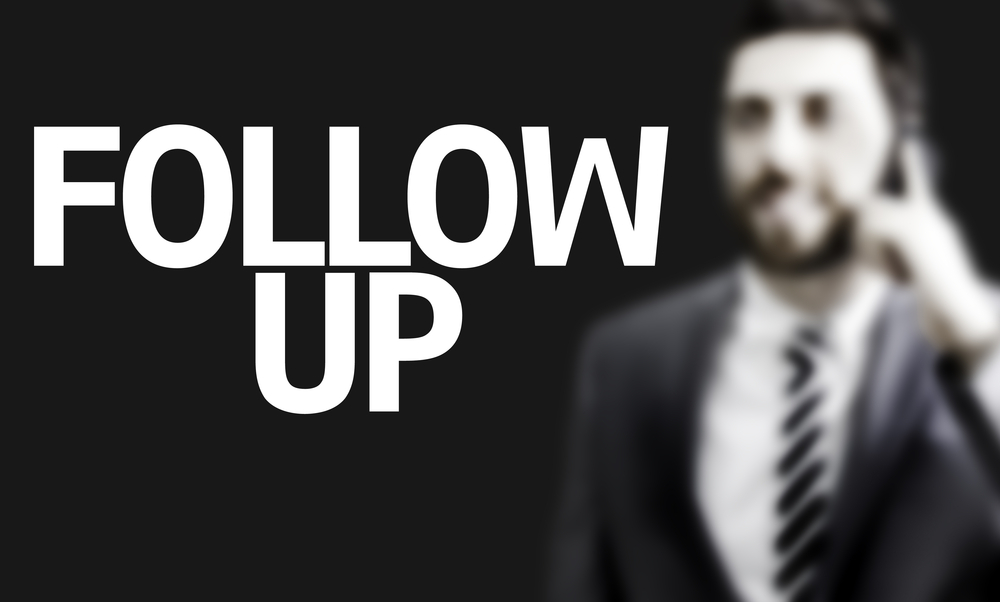-
Digital Marketing
We help you to use your digital potential. For a strong positioning, more visibility and more leads.
Get Growth ready
With the BEE.Transformance model, we bring continuous and profitable growth to your company. A new mindset for your team.
Industries
We transform your challenges into opportunities through the experience we have gained from projects in these industries.
-
HubSpot Services
As a HubSpot Diamond Partner, we help you implement your digital growth strategy with a focus on performance - by implementing and integrating new and existing systems as well as 3rd party apps.
HubSpot Thought Leader
As a HubSpot Diamond Partner with +50 certifications, host of the HubSpot User Group Zurich, HubSpot Trainer and HuSpot User Champions, you have access to in-depth HubSpot expertise.
HubSpot Solutions
The BEE.Theme offers you more creative freedom than any other theme on the market. Whether you're a beginner or a professional, a creative mind or a digital agency - with the BEE theme, you can easily unleash the maximum power for your pages in HubSpot CMS.
-
BEE.Blog
Knowledge around digital marketing, digital sales, technology, data intelligence and employees.
Knowledge Base
Pure knowledge: everything essential concentrated, compact, digitally prepared for you and ready to download.
What is inbound?
The most effective way to successfully combine digital marketing and digital sales.
-
BEE.Team
The BEE.Performers: many different characters - with one thing in common: the fascination for a digital world.
References
More than 100 large and small companies have already started with BEE: to more visibility, more performance, more growth.
Invest
Participate in the growth of BEE and become part of the BEE Growth Story by purchasing Digital Share Tokens.
We're hiring
Become a BEE.Performer! Are you ready for your own transformation?
Assignment Selling: How to use your marketing content throughout the sales process
Some businesses quickly see the value in content marketing and start producing content without hesitation; they hire in-house teams or outsource specialists and crack on with the vital job of building credibility and authority as subject matter experts. Other organisations are more sceptical. It takes a lot of time and resources to create content, and if it's not managed and distributed effectively, you'll get very little traction –– so, is the juice worth the squeeze?
If you apply a strategy and firmly integrate content into your sales process, you'll be astounded with the results. Assignment selling is one tried and tested way of achieving this.
What is assignment selling?
Assignment selling is a way of qualifying prospects and gauging their interest before booking a sales appointment or consultation with them. This process requires the prospect to read or interact with specific content aimed at educating them about your product or service before they get on the phone to someone on your sales team.
Marcus Sheridan, renowned author of "They Ask, You Answer", is the mastermind behind assignment selling. The idea was formulated after he noticed that although his abundance of content was generating plenty of traffic and appointments, it wasn't closing many deals. After consulting the data in HubSpot, he identified two different types of leads in his pipeline –– we'll call them A and B. Each lead type had a different closing rate. Lead type A viewed a low number of website pages, booked a call, but had a very low closing rate. Lead type B, however, viewed a higher volume of pages on Sheridan's website and had a significantly higher closing rate. Why? The answer is simple: By the time lead type B had reviewed all the content, they were reasonably self-educated and ready for a sales call that would ultimately lead to them making a purchasing decision.
As a result of his findings, Sheridan made it a prerequisite that all prospects review essential pieces of educational content before requesting a sales call. Sure, this impacted the number of incoming calls, but the closing rates and profit went up. And so, the concept of assignment selling was born.
In summary, assignment selling is when you purposefully use the educational content you've created to ensure prospects are fully prepared for a sales call and have all the critical qualifying questions answered. This helps to establish that they're a good fit for your offering and your offering is a good fit for them.
Implementing assignment selling
Review your existing content
Assignment selling can only be successful if you have the right content available on your website. So, naturally, the first step in implementing this model is to assess how much of your content is promotional and how much is educational. You'll also have to review where content fits into your buyer's journey – decision stage content is typically all about your products and services. In contrast, consideration and awareness level content will be more broadly educational. It's important to have content in place that answers your buyers' questions and does so in an authentic and engaging way.
Get everyone – especially sales – on board
If content wasn't a priority before, or there wasn't a lot of buy-in from everyone else in your business, you'll first have to address the culture within your company. Involving your sales team in the content creation process is one of the best ways to ensure that:
a) you're creating valuable content that answers your customers' questions,b) your sales team will want to use the content because they've made a contribution and can see value in what's being created.
Sometimes, the issue lies with not trusting the process – stakeholders aren't convinced that content generates anything useful for your business. In that case, your task is to share information and data that shows how content is helping to attract traffic and generate sales. By giving everyone insight into how content positively impacts your business, they'll be keen to participate and be part of that success.
Have the right people for the job
Content creation requires a specialist –– whether you choose to hire in-house or outsource a content strategy and production team, you'll need someone who's going to gain a deep understanding of your buyer persona and produce a strategic content plan. Furthermore, this content plan needs to be produced and executed to a high standard so that your prospects will engage and gain real value from it –– in other words, don't expect non-writers or camera-shy individuals within your company to be responsible for the content. Choose experts who will project your brand's persona and produce content that appeals to your ideal buyers. Content is a considerable portion of your marketing activity, and you shouldn't burden other members of your team with the task of producing it –– it's a full-time job that requires experience and skill.
Use a content management system
Things work best when they are well organised. A content management system (CMS) will help you centralise your content, giving users one easy-to-access location for all the sales content they need. If your marketing content is spread around on various drives and folders, your sales team will be discouraged from using it because they simply won't want the hassle of trying to find things. Implementing a content management system will help you to store and effectively categorise everything so that it's always at your sales teams' fingertips. Most importantly, a content management system will ensure that only the latest and most up-to-date content is being circulated.
Using content to improve conversion
When your content is aligned with the buyer's journey, sales are far more likely to happen. It's essential to have content that fits each stage of that journey so that no question goes unanswered. Your content should focus on:
Overcoming objections - dispel myths and misconceptions. If some common concerns and questions pop up, particularly around the decision stage, you should be able to send some content their way that quickly clarifies everything.
Customise content – if you serve more than one buyer persona, you should have content that will speak to them individually and get through the barriers that generic content can't get through. If you serve B2B customers, think about the role and position level of the individuals you are targeting and ensure that the content you assign to them is appropriate and relevant.
Show proof – in a world where it's easy to verify the quality of a service or product based on customer opinion and experience, it's crucial to have social proof close to hand. It's essential to have case studies and customer success stories to share with your prospect. It helps them visualise the outcomes you can achieve for their business and reassures them that you're an expert in your field.
Conclusion
Assignment selling is a great way to build a positive rapport with potential customers. It's engaging and rewarding for the buyer because it puts the power in their hands. If they've adequately educated themselves before making the purchase, they're far more likely to feel confident and pleased with their decision afterwards. In turn, this creates a positive feedback loop for your business, building a list of clients who are engaged and invested in your brand and who'll spread the good word about your business to colleagues, friends and family.
If you'd like to learn more about this approach and how you can spend less time answering questions and more time making profitable conversions, we'd like to invite you to our Sales Enablement Service.
Related Posts

How to Automate Upselling and Cross-selling
Ben Klein | 2 Nov 2023
Upselling and cross-selling could increase your business's revenue by 43%. That's probably enough information to get you thinking about how to implement these strategies ...
reading time: 9min
Zum Blog

Unlocking Revenue Growth: Strategies to Master Upselling and Cross-Selling
Philipp Schirmer | 14 Sep 2023
Is your B2B operation scraping the bottom of the barrel for new leads? Stuck in a saturated market? Need to amplify your sales but don't know where to dial in your ...
reading time: 6min
Zum Blog

Sales Follow Up: Call or email?
Lanny Heiz | 3 Jun 2021
You've got the perfect lead; they fit your buyer persona criteria, they've taken some of the desired actions on your website, and so far, they've ticked all the right ...
reading time: 8min
Zum Blog
